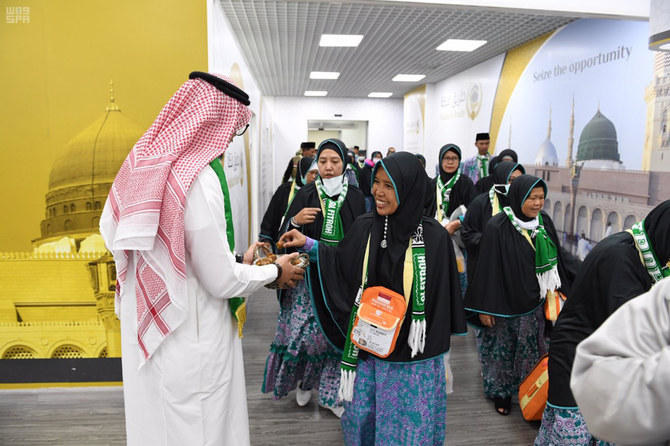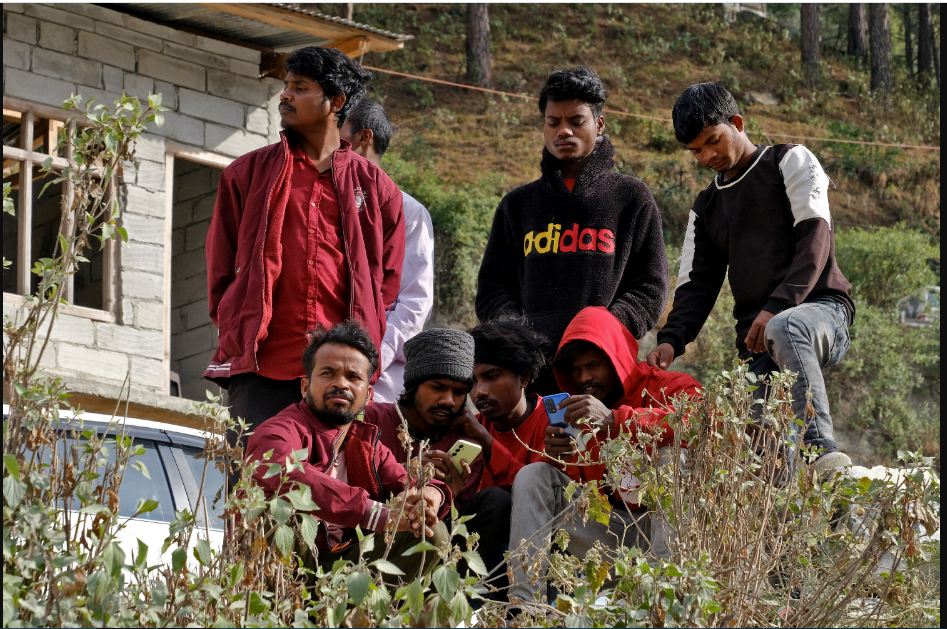In Indonesia, the Hajj government runs a training programme for pilgrim leaders
Makkah – The Ministry of Hajj and Umrah in Saudi Arabia recently set up a second training programme to prepare staff to assist foreign pilgrims before they depart from their countries.
In keeping with the objectives of Saudi Vision 2030, the programme will raise the standard of care provided to pilgrims, ease their travels, and enhance their religious and cultural experiences.
The training programme covers all facets of completing the Hajj as well as crowd control techniques. It also provides a thorough overview of pilgrims’ journeys.
According to Hilman Latief, general director of Hajj and Umrah at Indonesia’s Ministry of Religious Affairs, this year’s Hajj will draw 221,000 pilgrims, necessitating extensive planning and management.
In order to give Indonesian pilgrims a worthwhile experience, he continued, “we feel there is a true relationship between Indonesia and Saudi Arabia.
We must be able to train and grow our team, making sure they are up to date with new legislation released both in Indonesia and in Saudi Arabia, he added, adding that maintaining high standards from preparation to facilitation involves a lot of planning.
“The Ministry of Hajj and Umrah’s decision to give our workers additional training and introduction is a fantastic example of a forward-thinking strategy. This endeavour has aided in bridging the operational, linguistic, and cultural gaps. figuring out where improvements can be made and how to fill in the knowledge gaps beforehand.
Latief emphasised the value of fostering ties between business and academia.
The World Hajj and Umrah Convention’s Best Pilgrims in the World Award was given to Indonesia in 2013. Additionally, the nation has one of the best introduction, training, and preparation programmes; “and with a greater focus from Saudi Arabia, we believe it will make us even better,” added Latief.
He noted that a major contributor to pilgrim contentment is diet.
Given that a large portion of our pilgrims originate from villages on various islands, Nusantara ingredients should be utilised. They ought to think about using genuine Indonesian ingredients for the Hajj; this is advantageous for trade and service.
“We must make sure that pricing stay as low and manageable as feasible. We are aware that prices will grow as a result of inflation, rising gasoline prices, and other factors. However, we must make every effort to maintain costs within our pilgrims’ acceptable range.
Hajj is significant to the Indonesian community, he remarked. There is a lengthy waiting list, and we are considering how to assist the 5.3 million pilgrims over the next few decades. More Hajj amenities and opportunities would enable us to better meet the requirements and preferences of our registered pilgrims.
“Indonesia has raised the number of staff members and officials, enhanced the policies governing governance and transparency, and strengthened institutional capacities. We must work together to ensure that more facilities are built to support the old pilgrims because we have legitimate worries about how much of our society is ageing and how many of our Hajj recruits are elderly.



